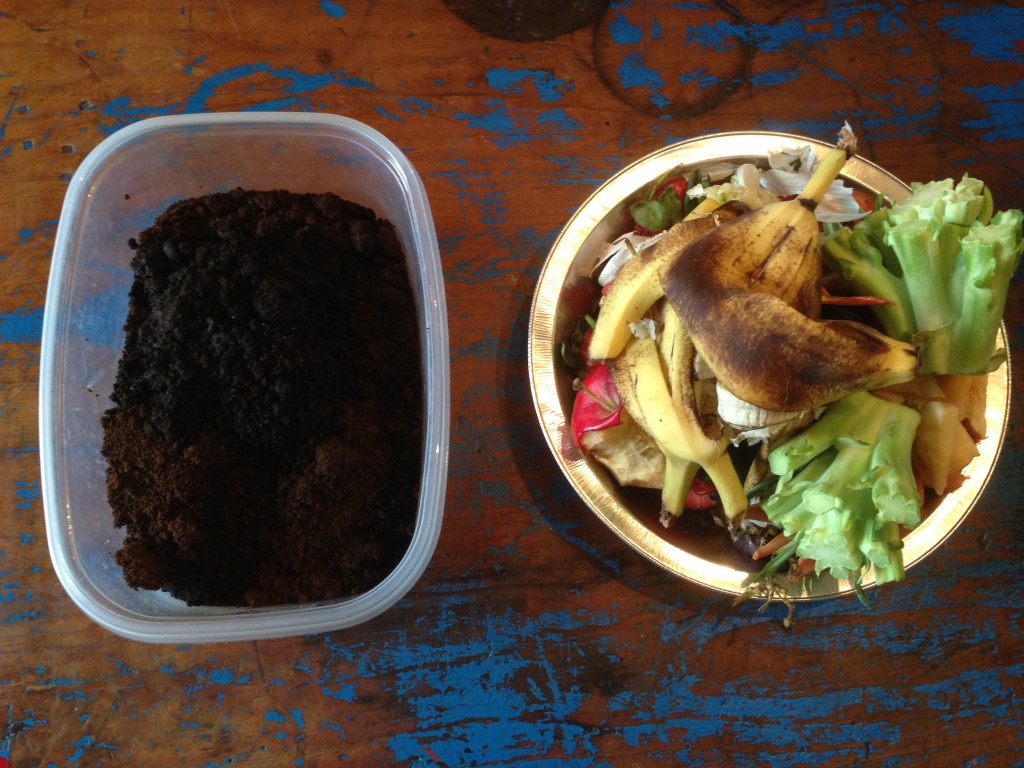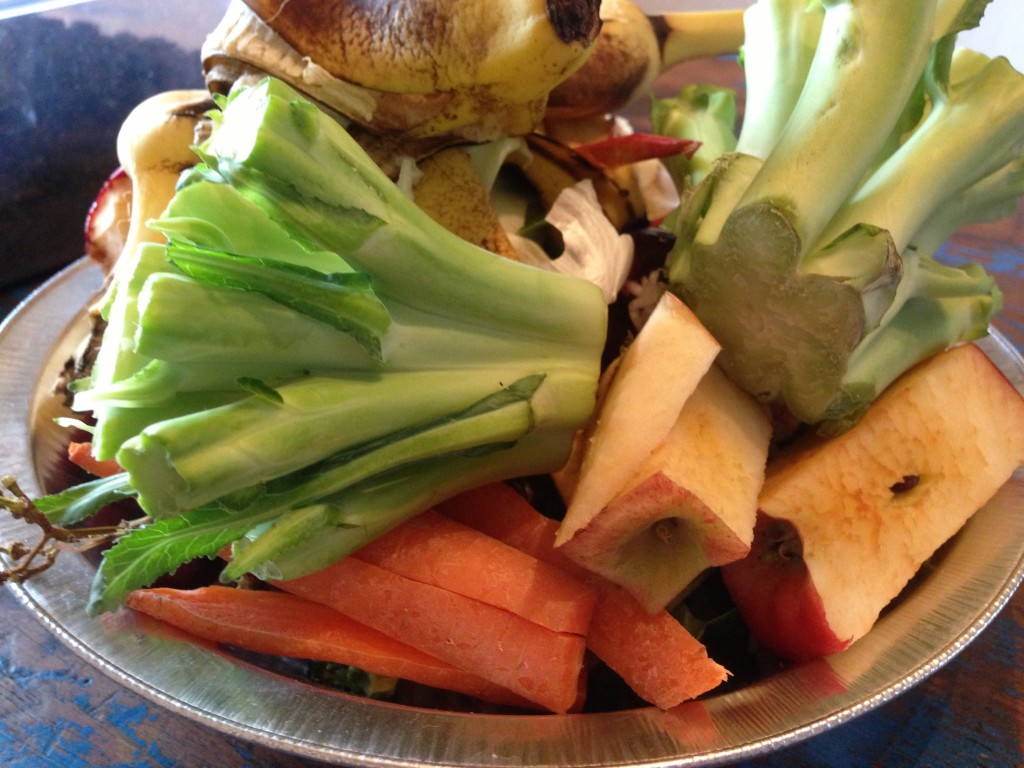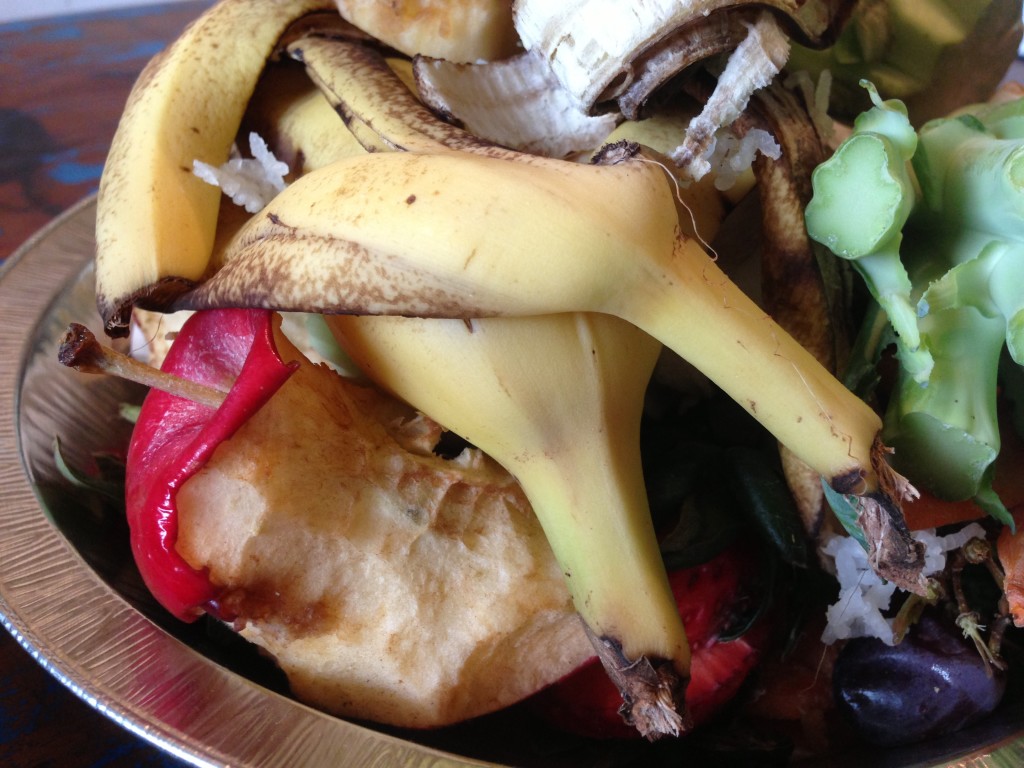
One thing that our living in the country has taught us is to see things differently. When you live out on a farm, you begin to see life and humanity from a unique perspective because logistically speaking, you are your own community. Each farmstead has obstacles to overcome that society has already dealt with in town. Take water for instance. While rural water is an option in some places, for many farms, water comes from a well that is dug, maintained and overseen by no one but the owners of the farm. If a water line breaks, that is an expense of time, money and energy on the part of the farmer, and not the city. The same can be said for many other things.
However, there is an up side. The feeling of being self-reliant and independent is enough to overcome the inconveniences of rural living. In fact, one might say that the ability to be self-reliant is the very backbone of our culture; one that is quickly eroding.
Everyone is dependent on certain systems to survive. When a person is forced by necessity to design and manage their own systems of survival, something wonderful happens. That person begins to see a big picture emerge, and begins to see how those systems of survival interlock into a grand system, one that provides him with what he needs, but also takes away the things that he doesn’t want.
I may be oversimplifying here, but just look at table scraps as a small example. Every day we eat food. If we eat what we ought to, (that is fruits, vegetables and meat, not McDoubles and fries) then at the end of the day we probably have a bowl full of food scraps. If we lived in a crowded apartment complex somewhere, those scraps would probably go into the trash, and get hauled away by someone we don’t know, to someplace we don’t want to think about and get thrown in with thousands of other people’s trash. We would never see it, or think of it again. But on the farm, those scraps are kept, and used as a valuable resource. They go to feed animals or the soil that will soon feed us again. It is a type of re-investment into our system of survival.
When we look at nature we see the fingerprints of God. He has built bits of himself into every detail. And we see this cycle of re-investment as one of the foundational principles on which nature is built. The surplus always returns to the system. Unfortunately our society has segmented itself in such a way that if someone talks about ‘the circle of life’ or something like that we may have a tendency to write him off as “one of those guys”, or a hippie tree-hugger or something, but we must not forget that when we were created, God’s intention for his people was to live closely to the land, and if we willingly forget how that works, we lose something that he intended us to have.



Leave a Reply